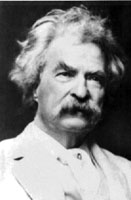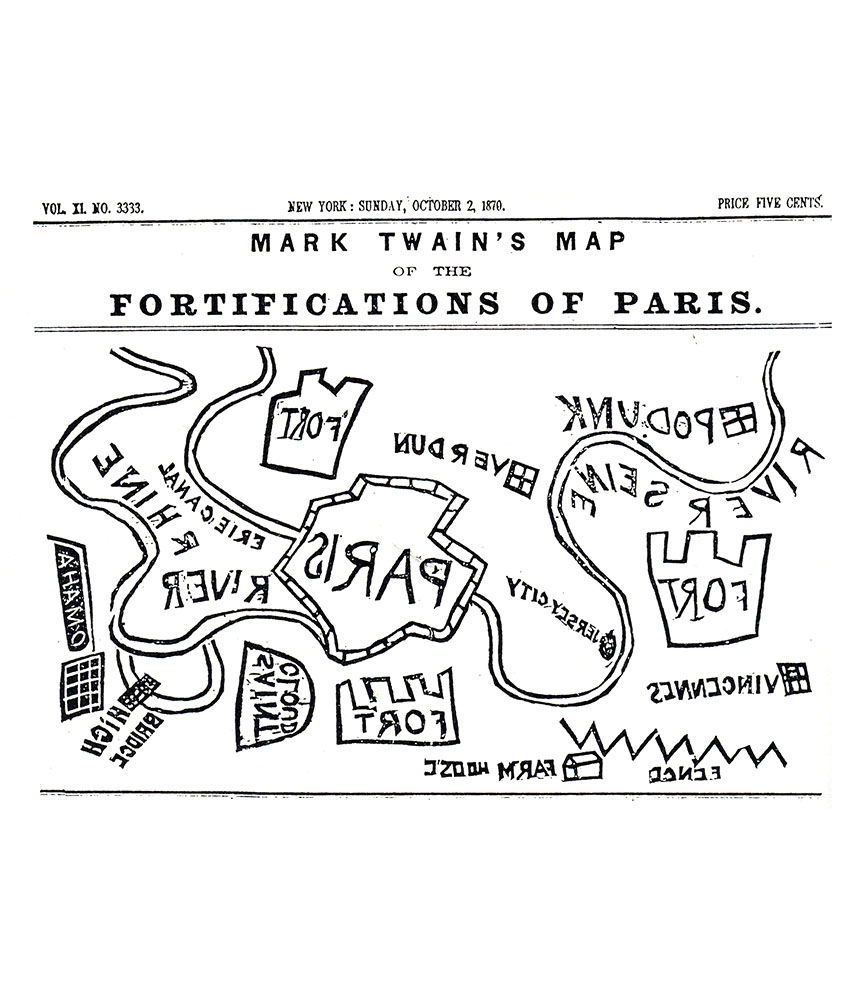I last posted on January 1, which is, in some respects, a singularly unfortunate time for new beginnings; especially in the throes of the Bureaucratic Plague. Between the assorted shutdowns, slowdowns, and putdowns, and beastly weather right from the North Pole, and the Narcissist-in-Chief duking it out with his successor, who has every appearance of being a slightly warm corpse, and Big Tech trying their hardest to unperson all the crimethinkers, and what not, I found it advisable to spend the last two months hibernating under a rock and then try again.
So here we are in March, which was the first month of the year in the early centuries of the Roman calendar. It was on the 15th of that month (Idibus Martiis) that the new consuls took office each year, and with it command of the year’s legions; and that day was the official beginning of the campaigning season. (This, by the way, is why Julius Caesar was assassinated on that day. Even after the New Year changed, the Ides of March remained a major festival, and it was considered most proper for the Senate to discuss military affairs on that day. Caesar meant to do both before he left Rome to finish the conquest of the Mediterranean world. Oops.)
The Ides of March continued to be New Year’s Day until the second century B.C., when it was moved to the Kalends of January. There it remained until the Council of Tours (A.D. 567) officially moved it to the Feast of the Annunciation, March 25. This was also the traditional date of Christ’s crucifixion, fitting the old Jewish tradition that prophets lived an exact number of years from their conception to their death. As it happens, there is some evidence supporting the notion that Jesus was born in December; so the tradition may actually have been true in his case.
Dionysius Exiguus (a.k.a. Little Dennis), a Scythian-Roman monk, had gone to enormous pains to work out the exact number of years since the birth of Christ (in which he was probably off by a shade) and his crucifixion (which he probably got right). This was an intellectual and historiographic feat of the first order – a fact that we too easily forget. [Read more…]










Recent Comments